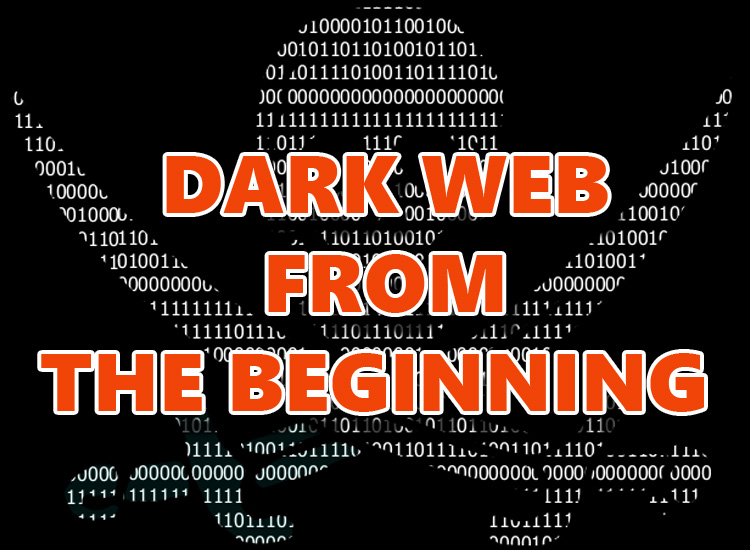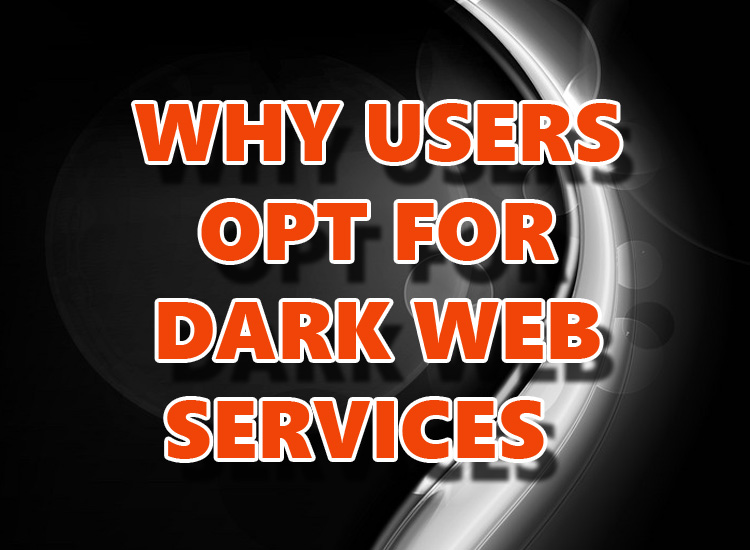The internet is an interconnected web of information, connecting people and businesses around the globe. But beneath the surface lies a hidden world known as the "dark web." Often misunderstood and shrouded in mystery, the Dark Web has garnered a reputation for illegal activities and anonymity. In this blog, we will embark on an informative journey to demystify the Dark Web, understanding its nature, uses, and the significance it holds in the digital landscape.

Defining the Dark Web:
The Dark Web refers to a part of the internet that is intentionally hidden and inaccessible through conventional search engines. It operates on encrypted networks, like Tor (The Onion Router), which anonymizes users and conceals their online activities. This layer of anonymity has given rise to both legitimate uses, such as safeguarding privacy and freedom of speech, and illegitimate activities, such as illegal marketplaces and cybercrime.
Dispelling Misconceptions:
The Dark Web often garners a negative reputation due to the presence of illegal activities and nefarious elements. However, it is essential to distinguish between the Dark Web and the Deep Web. The Deep Web includes all web pages that are not indexed by search engines, including private databases, academic resources, and password-protected sites. The Dark Web, on the other hand, is a small portion of the Deep Web that intentionally operates in obscurity.
Understanding the Dual Nature:
While the Dark Web is associated with illicit practices, it also serves essential purposes:
a. Anonymity and Privacy: The Dark Web provides a refuge for individuals seeking to communicate and share information anonymously. It safeguards free speech, protecting whistleblowers and activists from potential persecution.
b. Illicit Activities: Unfortunately, the anonymity of the dark web has attracted cybercriminals who engage in illegal activities, such as selling drugs, stolen data, and hacking services.

Navigating the Dark Web Responsibly:
If you choose to explore the Dark Web, do so responsibly and with caution:
a. Use the Right Tools: Access the Dark Web through the Tor browser and consider additional security measures like VPNs to enhance privacy.
b. Stay Informed: Familiarize yourself with the potential risks and consequences associated with accessing the Dark Web. Engage in legal and ethical behavior at all times.
c. Avoid Illegal Activities: Refrain from participating in any illegal activities, as this can lead to serious legal repercussions.
The Role of Law Enforcement:
Law enforcement agencies worldwide are continuously working to combat cybercrime and illegal activities on the Dark Web. They use advanced techniques and collaborations to identify and apprehend those involved in criminal operations.
Conclusion:
The Dark Web is a fascinating, albeit complex, aspect of the internet. It serves as a paradox—offering both privacy and anonymity for legitimate purposes while harboring illicit activities that challenge the digital landscape. As users of the internet, we must approach the Dark Web with awareness, responsible conduct, and an understanding of the legal and ethical implications.
While the Dark Web will likely remain a part of the internet ecosystem, we can choose to use this knowledge to safeguard our digital presence, advocate for privacy rights, and ensure that the online world continues to evolve in a responsible and ethical manner. Ultimately, the Dark Web serves as a stark reminder of the dual nature of the internet—enabling both good and evil—and the need for a collective effort to create a safer and more secure online environment for all. To know more information here https://darkweb.link/



0 Comments